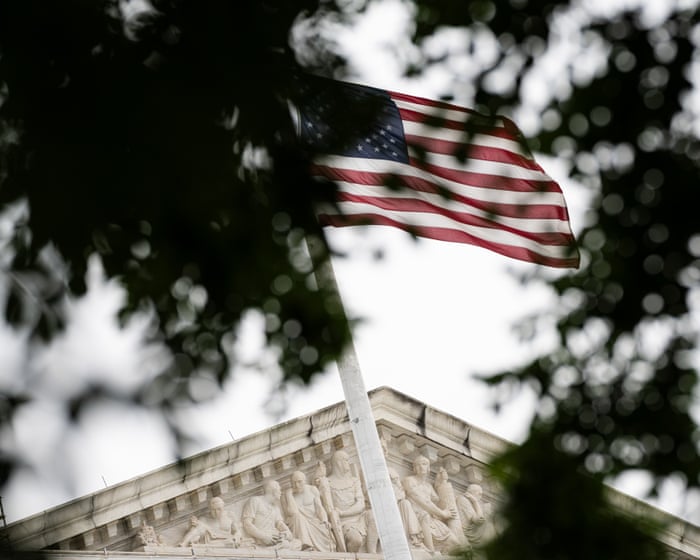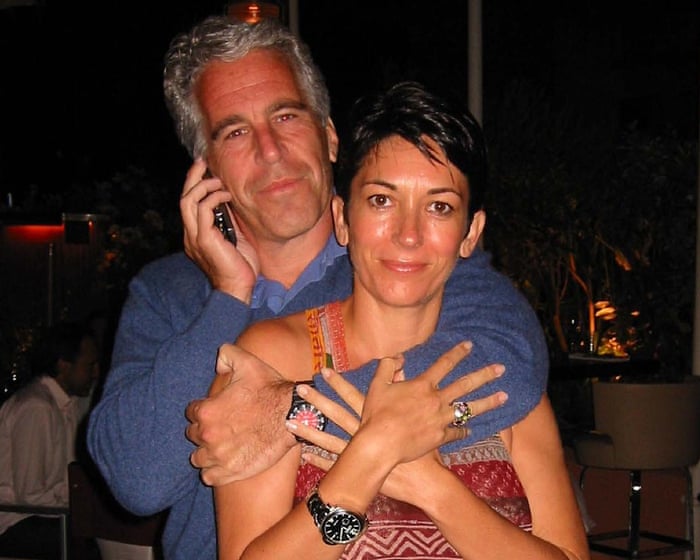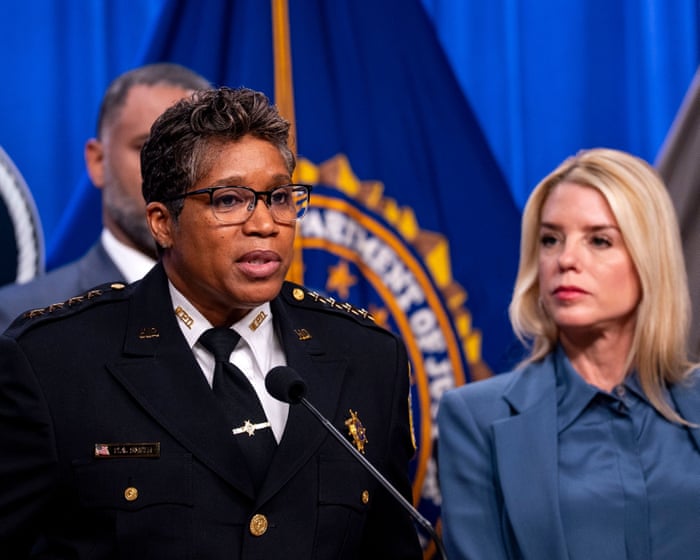
Marjorie Taylor Greene's Controversial '60 Minutes' Interview Ahead of Congressional Resignation
Representative Marjorie Taylor Greene's recent interview on CBS's '60 Minutes' highlighted her criticisms of former President Trump and her upcoming resignation from Congress on January 5, 2026. The interview, marked by contentious exchanges with host Lesley Stahl, reflects Greene's fallout with Trump and the Republican Party, stemming from perceived disloyalty and public disputes.





















